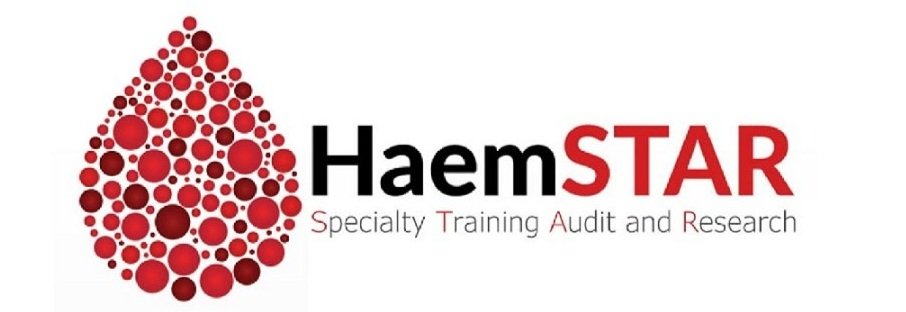Tales from the 2023 International Society of Thrombosis and Haemostasis meeting in Montreal
As a core medical trainee aspiring to secure a spot in Haematology training, one of the things I had eagerly anticipated was the opportunity to attend international conferences and connect with haematologists from all around the world.
Becoming a specialty registrar amid the COVID-19 pandemic meant no face-to-face meetings or international conferences during the initial part of my specialty training. While online meetings became the new norm and reshaped the way we work and communicate, I welcomed the return to in-person meetings with immense relief.
I am still filled with gratitude for being able to see people face-to-face, stroll amongst posters, and present my research in person, rather than through a screen. This overwhelming sentiment animated me during ISTH 2023 this year.
My excitement was palpable as I boarded my 7-hour flight to Montreal, and I had already marked on my calendar all the lectures I wanted to attend, focusing heavily on gene therapy and obstetric haematology.
The quality and volume of research presented were jaw dropping. Some highlights from the lectures I attended include:
-The haemophilia basic science sessions on FVIII and FIX, where the German group from the University of Bonn presented intriguing research on intracellular trafficking of full-length versus B-domain deleted FVIII. Matthew Cormier's presentation on the relationship between gut microbiota and the risk of developing FVIII inhibitors in a mouse model during the second basic science session on Monday.
-I also thoroughly enjoyed the SSC women's health session, particularly Dr Rohan D'Souza's lecture on understanding the decision-making process for anticoagulation choice in pregnant patients with mechanical heart valves.
-The haemophilia gene therapy sessions for haemophilia A provided valuable updates from GENEr8-1 and SPK-8011 trials, along with an overview of the gene therapy WFH registry by Professor Barbara Konkle.
Amidst the lectures, I had the chance to network with many clinicians and scientists from around the world. During the poster session, I reconnected with a colleague from La Sapienza University in Rome, with whom I graduated in 2016. She is now a specialist in Internal Medicine with an interest in haemostasis & thrombosis. I enthusiastically shared information about HaemSTAR and my desire to collaborate internationally with Italy, and she quickly thought of also involving her colleagues from the Netherlands, where she had conducted research in the past.
Me and Rossella Talerico, from Policlinico Gemelli in Rome, remembering our university years and thinking about ways of collaborating in the future.
Another significant highlight was connecting with the Haemostasis and Thrombosis Research Society, a scientific community based in North America dedicated to research, mentoring, networking, and medical education in haemostasis and thrombosis. On a beautiful sunny Sunday, I met with Barbara Lam and Justine Ryu to discuss our shared interests in non-malignant research and how HaemSTAR and HTRS could collaborate in the future, paving the way for international trainee collaborations.
Over tasty panini (and losing track of time), we realized the immense potential of joining forces between our two networks that share similar goals and scientific/educational missions.
Later, we attended the early career mentoring session, where we met with the early career committee. Barbara and I pitched our plans to form international connections among trainees and early career researchers with great enthusiasm. It would be wonderful to have a dedicated session on trainees' networks worldwide at ISTH 2024 in Bangkok!
Crashing the HTRS meeting – that Matcha latte was amazing!
Leaving Montreal, I felt overwhelming gratitude and confidence in the future. I eagerly anticipate transforming these connections into long-lasting scientific collaborations.
I am reminded of something Professor Cuneo, head of the Haematology unit in Ferrara, wrote to me in 2017 when I was leaving Italy for the UK. With his words, I want to conclude as it perfectly summarizes my feelings post ISTH.








